How a study on discrimination and hate crime is putting “hidden” women in the spotlight
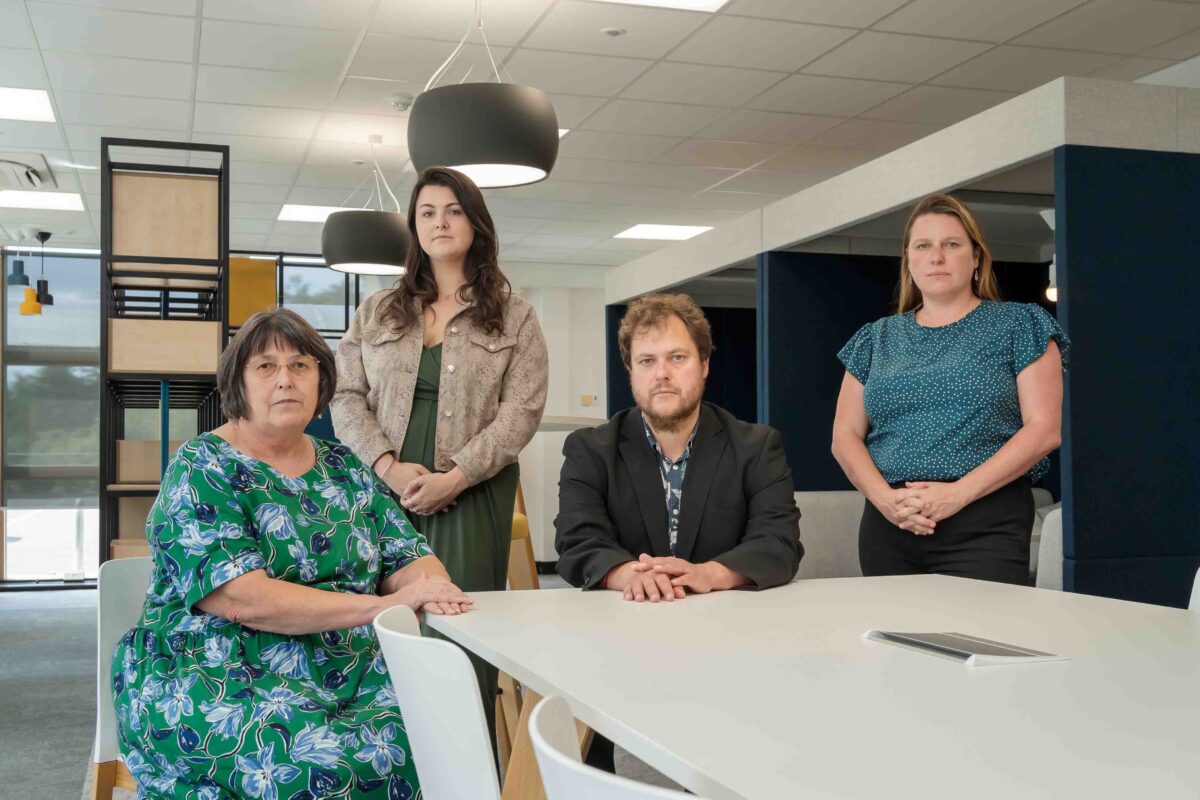
A team of researchers from the University of Sunderland are hoping their study into the challenges faced by some Eastern European women living in the UK will give a voice to those experiencing hate crime and discrimination.
Sunderland researchers Dr Louise Harvey-Golding, Dr Diane Simpson and Carrie Phillips have been working with the charity International Community Organisation of Sunderland (ICOS) to explore and understand more about the experiences of Eastern European women living in the north of England and the challenges they face, including experiences of discrimination, hate crime and barriers in accessing healthcare and support services.
Over one year, the team carried out a bespoke survey designed by Louise as well as interviews and focus groups with Eastern European women and service providers.
Julie Smiles, Senior Lecturer in Social Work at the University of Sunderland, helped collect the data.
A total of 127 Eastern European women living in the north-east took part in the survey, which found that 36% have experienced racially motivated and sex-based discrimination in their employment, 25% by a business, organisation or service provider and 14% by healthcare providers.
Almost half of Eastern European women (46%) said that they have experienced verbal abuse, 32% stated that they have experienced intimidation, threats and harassment, 18% experienced property damage and 12% said they had been the victim of a physical assault.
Subsequently, women who took part in the survey were invited to participate in small two-person focus groups to share more about their experiences of hate crime and discrimination. A total of six Eastern European women participated, including five women of Polish origin and one woman of Bulgarian origin.
Interview discussions revealed that the women have experienced sexual harassment in public, relating to sexist stereotypes of Eastern European women and have been subject to sexual harassment by male colleagues in the workplace. Participants also said they feel reluctant to report to authorities due to the risk of further victimisation and because they feel they would not be taken seriously.
Findings from small group interviews also showed that Eastern European women have been subject to racially motivated hate crime in public, including verbal and physical abuse, which was made worse by Brexit.
Service providers also discussed the negative impact of anti-immigration attitudes on Eastern European women’s wellbeing.
Louise, Diane and Carrie all have extensive experience working with hard-to-reach, minority and marginalised communities, groups and individuals.
Louise admits carrying out this particular study was distressing, at times, for the researchers – but crucial in highlighting these issues.
Louise, who is Programme Leader for MSc Public Health at the University of Sunderland, said: “The survey statistics provided a stark picture of the extent of discrimination and hate crime Eastern European women living in the UK are subjected to across every area of their lives.
“Undertaking interviews with the women and listening to their stories was difficult. As a woman, I found it especially difficult listening to women’s experiences of sexist discrimination and hate crime, and sexual harassment.
“From a personal perspective, whilst undertaking this research was challenging and, at times, distressing, this made me more determined to share the women’s voices and raise awareness of the types and extent of the discrimination and hate crime experienced by Eastern European women living in the UK.”
Carrie, Senior Lecturer in Social Work at the University, said: “This is an important piece of research that highlights the challenges faced by a group of women who are not often in the spotlight.
“I hope the research will open up dialogue about what hate crime is, who experiences it, and how troubling it is that events such as verbal abuse and property damage are normalised in the lives of some migrant women, to the point where they don’t always report this abuse.”
Diane, also a Senior Lecturer in Social Work at Sunderland, added: “The findings of this research project uncovered some deeply shocking experiences of discrimination and hate crime faced by Eastern European women living in the north of England. In managing these experiences, Eastern European women become invisible and hidden and therefore easily overlooked by statutory services and policy makers.”
ICOS is a registered charity working to improve the quality of life of black and minority ethnic people in the north-east. ICOS works with refugees and asylum seekers and aims to enhance community cohesion and intercultural understanding, as well as improve access to information and services for ethnic minority groups and individuals.
Julia Wysocka, ICOS Community Development Officer, said: “As a frontline delivery organisation, we have seen Eastern European women in particular facing barriers in accessing services.
“We were often also challenged when raising these issues with public services and told that there was no evidence to substantiate what we and our clients have been experiencing.
“We wanted to give these women a voice to share their experiences directly and for this voice to be heard.”
Following the report, a number of research platforms have published the study and now Louise and her team are hoping their findings will help raise awareness of these issues amongst the wider research community, policy makers and service providers and professionals working with Eastern European women.
Louise said: “Even though we hope our findings will make a real difference in helping improve the lives of Eastern European women living in the UK, further research is required to better understand their needs and identify solutions to challenge and prevent discrimination towards this minority population.
“Policy and decision makers, alongside agencies, educational institutions, employers, service providers and community leaders, have a responsibility to challenge and prevent discrimination and hate crime, and better support this marginalised group of women living in the UK.”

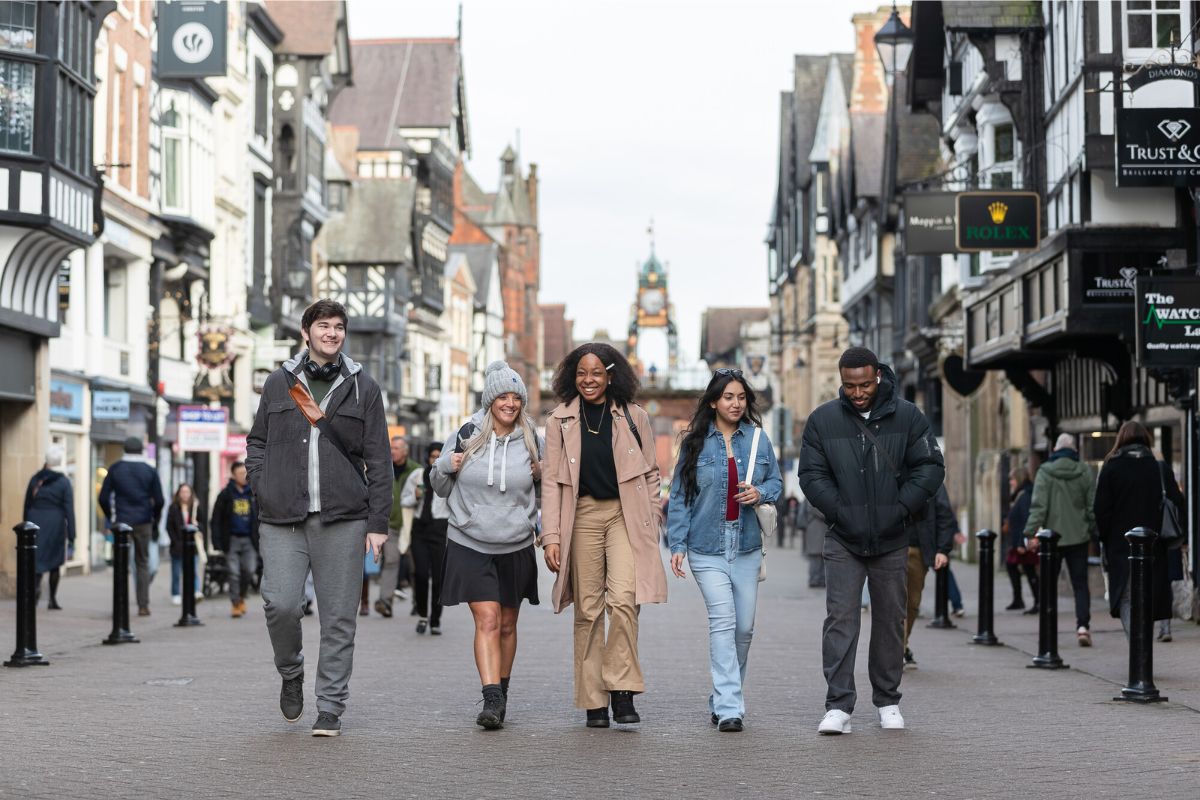
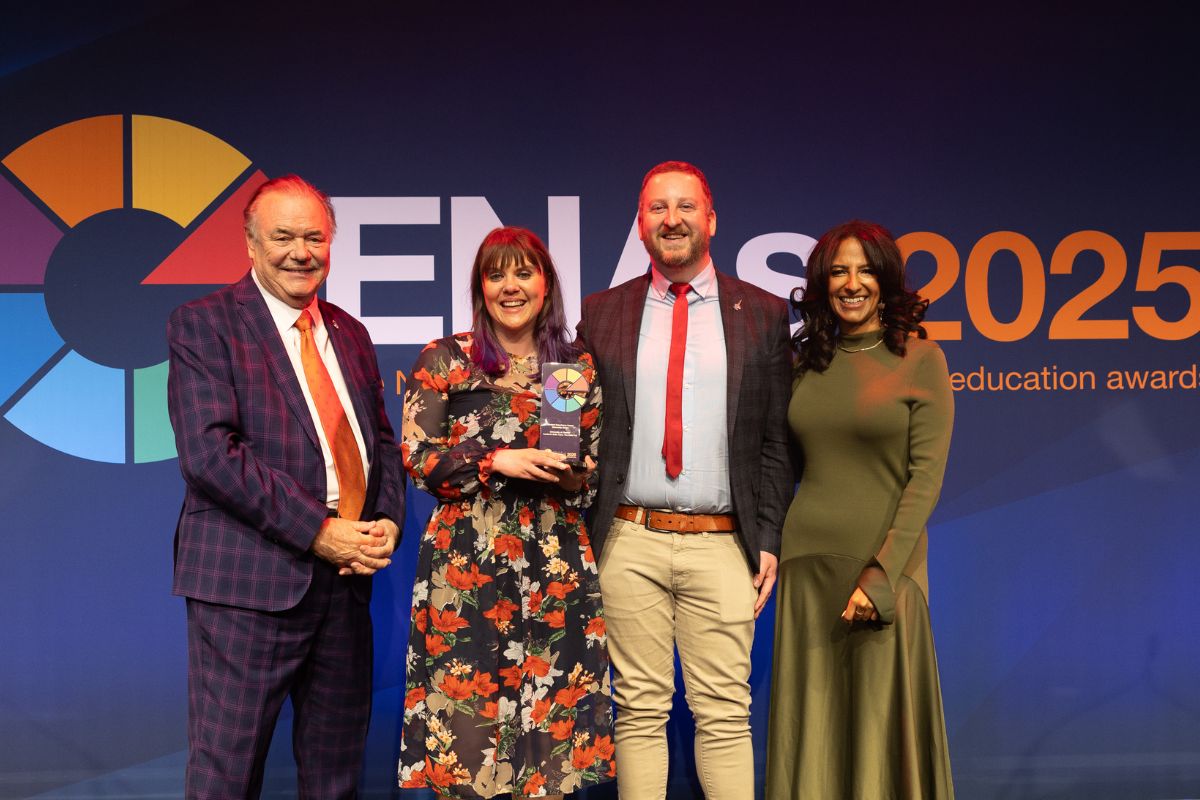

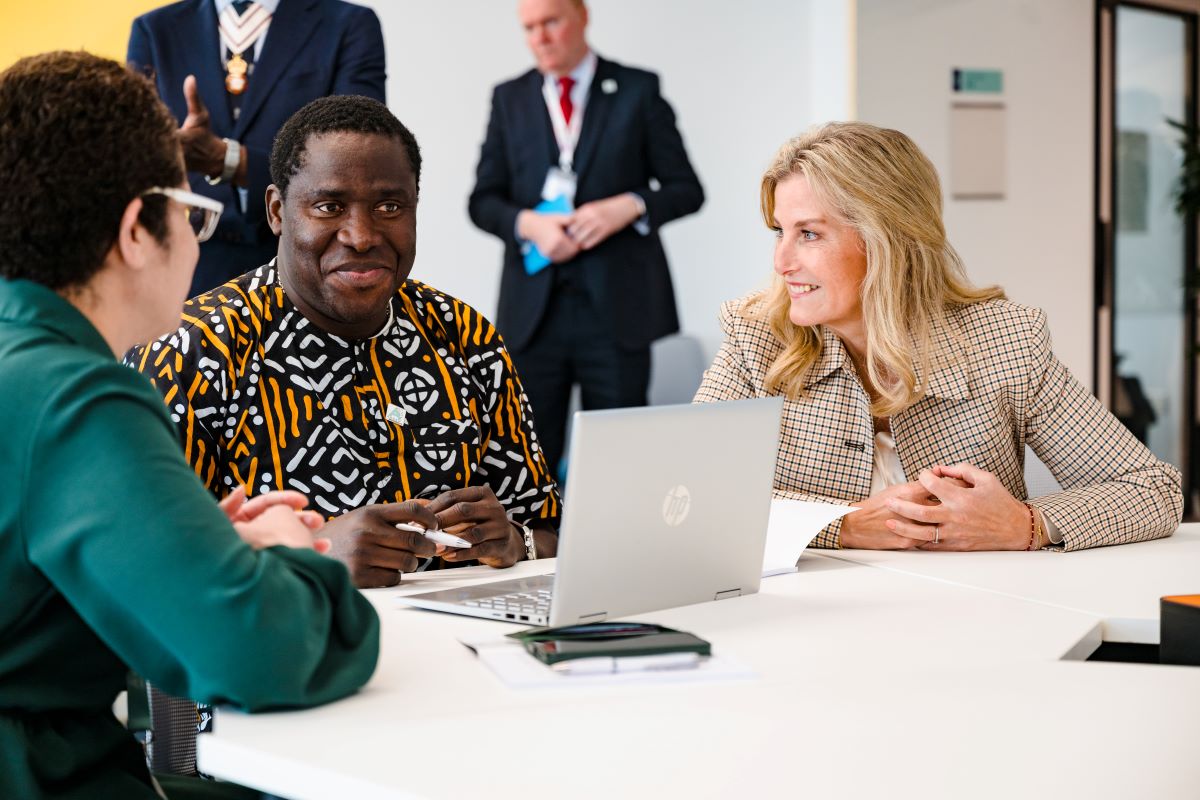




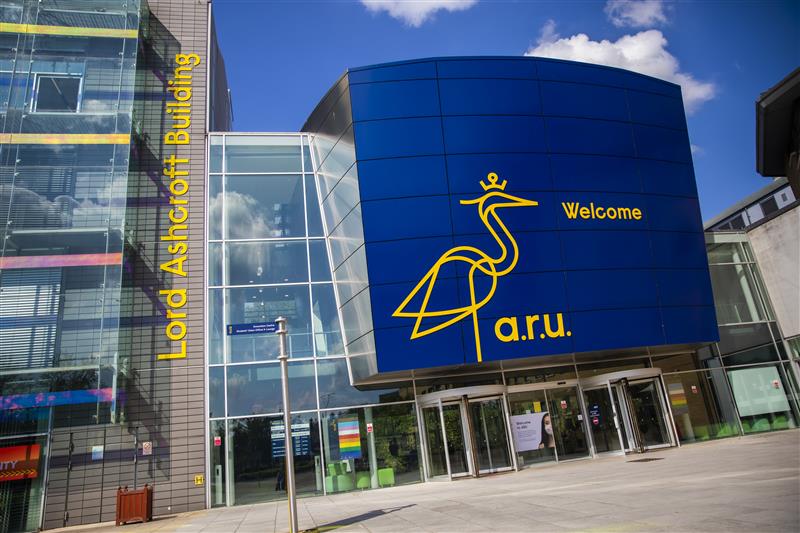
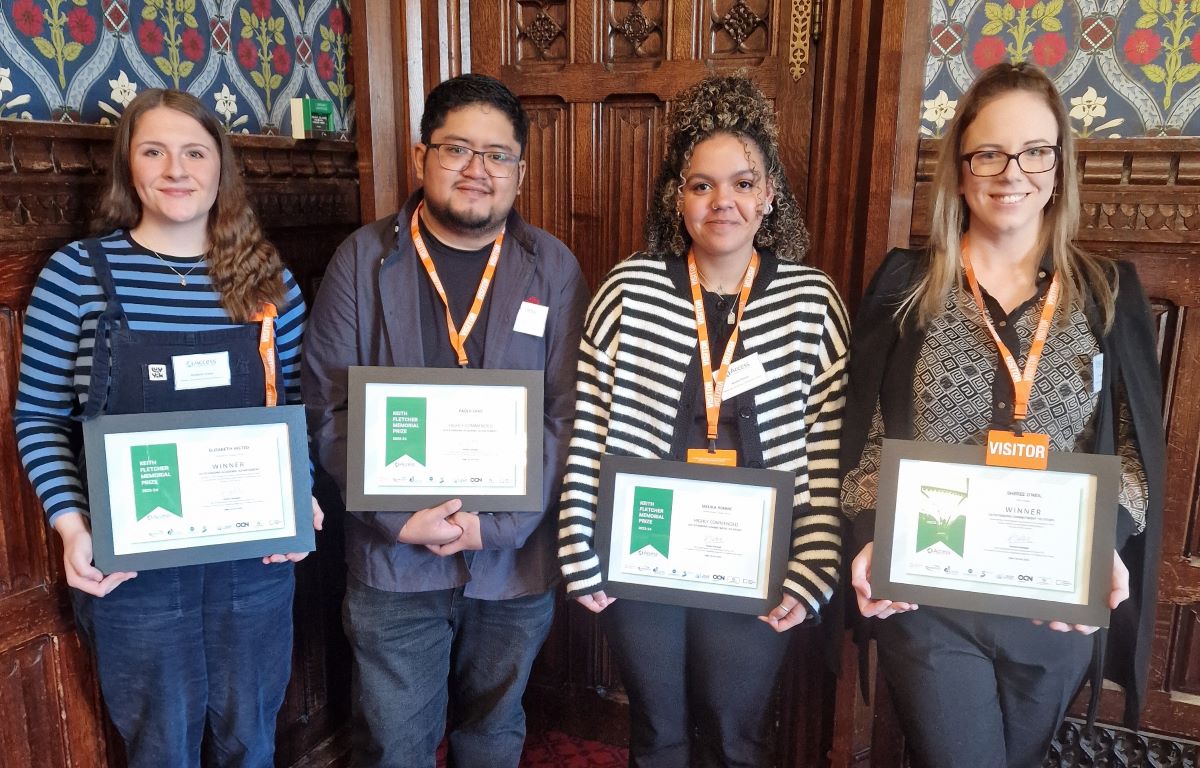
Responses